Is Liquid IV Electrolyte Powder Good for You? We Asked a Dietitian
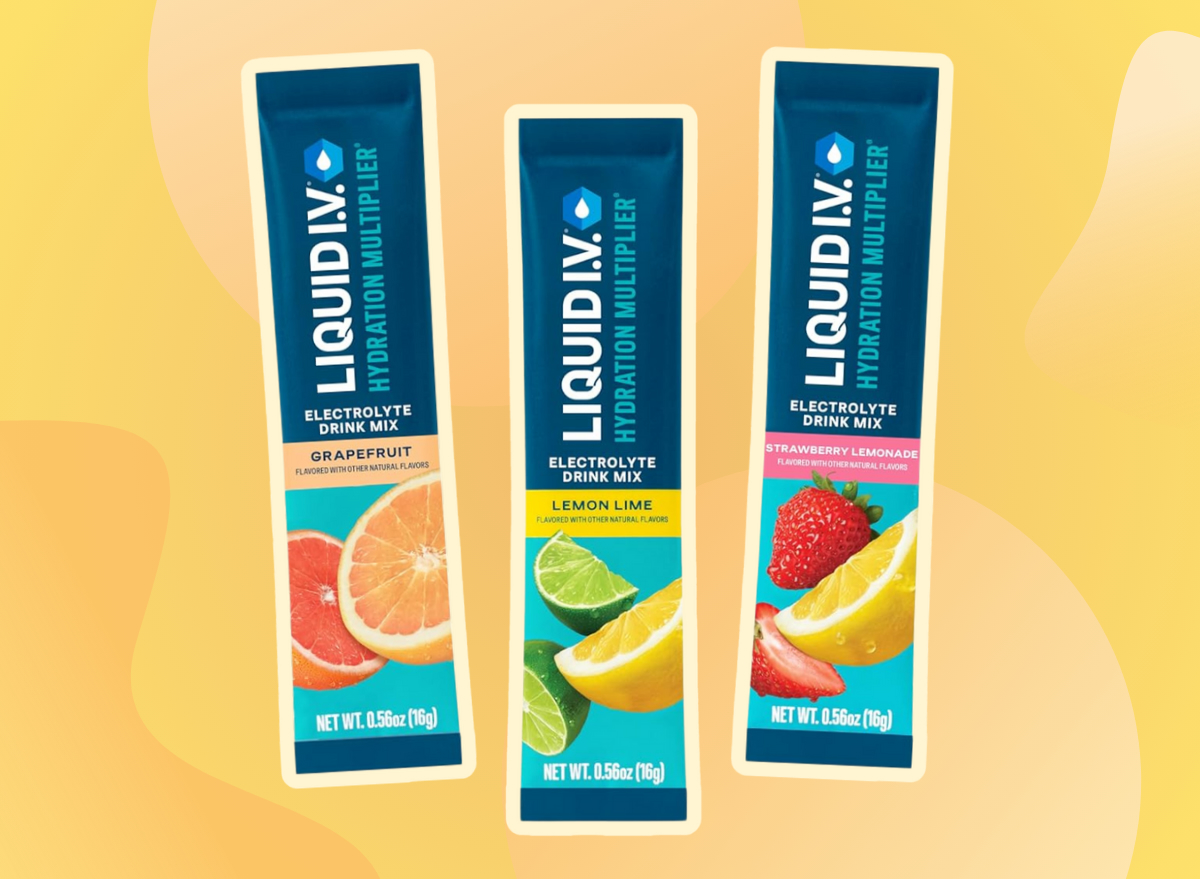
Trendy hydration supplements have been a booming market over the last decade, with Liquid I.V. being one of them. Backed by celebrity investors and touted as "THE" hydration supplement for influencers across social media, Liquid I.V. has grown exponentially in just five years, with products sold nationwide at chains such as Target, Costco, Whole Foods, CVS, and more.
Given that approximately 60% of the adult human body is water, it makes sense that individuals are interested in optimizing their hydration status. After all, dehydration can lead to a cascade of health problems, from fatigue and dizziness to more serious complications, such as tachycardia (rapid heartbeat) and breathing impairments.
But is Liquid I.V. really the right choice for you to meet your hydration needs? In this piece, we'll cover just what Liquid I.V. is and if it's good for you.
What Ingredients Are In Liquid I.V.?
As with most supplements on the market, there are a variety of options in the Liquid I.V. family to meet your personal health needs. From their standard Hydration Multiplier variety, to infused options that claim to support immune health, gut health, energy, and sleep, there's something for everyone in the mix.
The standard Hydration Multiplier variety of Liquid I.V. includes:
- Cane sugar
- Dextrose
- Citric acid
- Salt
- Potassium citrate
- Sodium citrate
- Dipotassium phosphate
- Silicon dioxide
- Stevia leaf extract (rebaudioside A)
- Vitamin blend: vitamin c (ascorbic acid), vitamin b3 (niacinamide), vitamin b5 (calcium d-pantothenate), vitamin b6 (pyridoxine hydrochloride), vitamin b12 (cyanocobalamin)
- Natural flavors
Similar to other popular hydration brands, there is also a sugar-free option available to the Liquid I.V. Hydration Multiplier, which substitutes cane sugar and dextrose for allulose, and adds L-glutamine and L-alanine. Allulose is a sugar substitute, meaning it offers the sweetness of sugar without the calories.
Nutritional Profile of Liquid I.V.
Liquid I.V. Lemon-Lime Hydration Multiplier
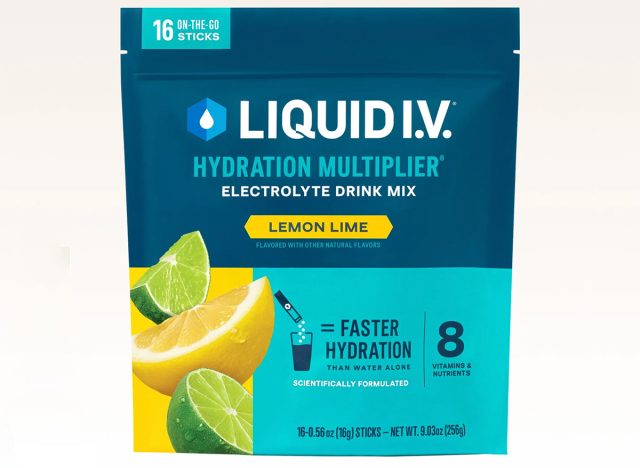
Calories: 50
Fat: 0 g (Saturated fat: 0 g)
Sodium: 560 mg
Carbs: 13 g (Fiber: 0 g, Sugar: 11 g)
Protein: 0 g
This option also provides 8% of the daily value for potassium; 70% of the daily value for vitamin C; 120% of the daily value for niacin; 110% of the daily value for vitamin B6; 240% of the daily value for vitamin B12; and 190% of the daily value for pantothenic acid.
Liquid I.V. Lemon-Lime Hydration Multiplier Sugar-Free

Calories: 20
Fat: 0 g (Saturated fat: 0 g)
Sodium: 530 mg
Carbs: 5 g (Fiber: 0 g, Sugar: 0 g)
Protein: 0 g
The sugar-free option also provides 8% of the daily value for potassium; 70% of the daily value for vitamin C; 120% of the daily value for niacin; 110% of the daily value for vitamin B6; 240% of the daily value for vitamin B12; and 190% of the daily value for pantothenic acid.
Health Benefits of Liquid I.V.
Hydration Support
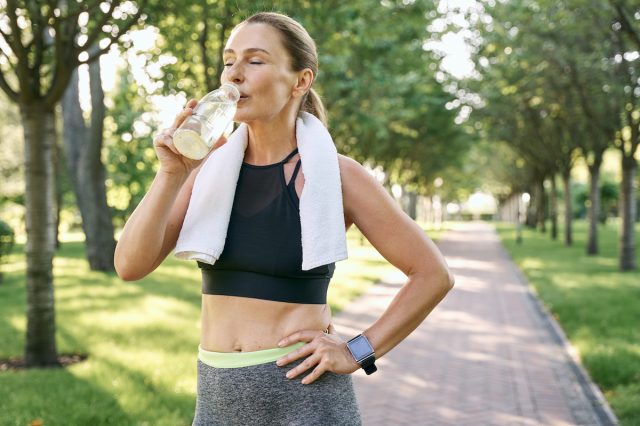
There's no question that Liquid I.V. isn't a solid player in hydration support. In fact, Liquid I.V. is classified as an oral rehydration solution (ORS) by the World Health Organization. This means that Liquid I.V.'s unique blend of nutrients supports replenishing hydration losses through its combination of both glucose (sugar) and electrolytes (like sodium, potassium, chloride, magnesium, and phosphorus.)
Offers a Safety Net of Nutrients, Vitamins, and Minerals
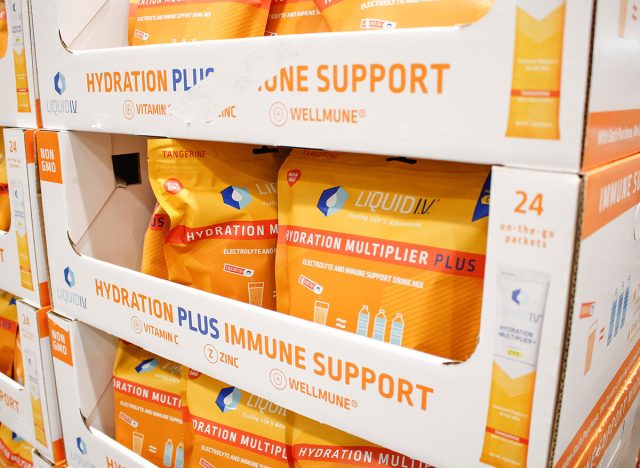
Each packet of Liquid I.V. offers a unique blend of vitamins and minerals to optimize your nutrient intakes. For instance, there are 9 vitamins and minerals added to both the regular and sugar-free versions of the Liquid I.V. Hydration Multiplier, with potassium in both. Potassium has been listed as a nutrient of public health concern based on consumption in the average American diet, making its inclusion in Liquid I.V. a stellar benefit.
To help boost the absorption of the electrolytes in the sugar-free version since glucose is not used (a carrier that helps get the electrolytes into the cell), two additional amino acids are used (L-alanine and L-glutamate.) Research shows that using an electrolyte amino acid beverage may help increase cellular hydration even better than an electrolyte carbohydrate beverage.
Supplies Energy
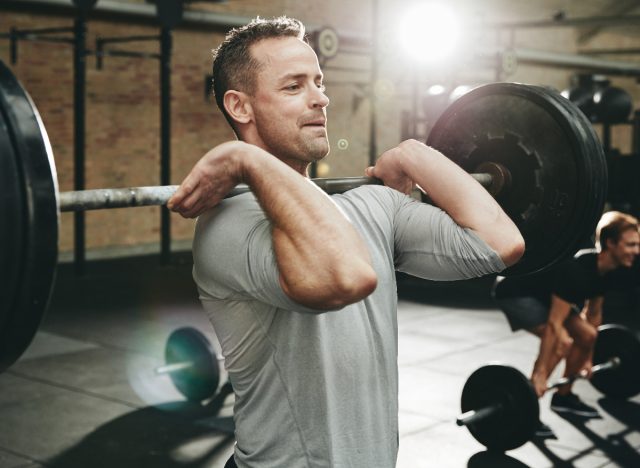
Glucose, another word for sugar, is a necessary fuel for the body's daily activities. Since the standard Liquid I.V. product offers 50 calories thanks to the 11 grams of added sugar, this product is a welcomed addition for those athletes in need of glucose intakes during a workout to provide the energy required to complete their training.
Supports Electrolyte Balance

When you sweat, your body loses important electrolytes needed to keep your body's fluid in balance. Sipping on Liquid I.V. during and after a workout may help replenish the depleted electrolytes from training, offering a rebalance of your body's fluid. This is crucial to ensure your basic body functions, like your pulse, remain steady.
Potential Drawbacks of Liquid I.V.
Significant Source of Added Sugar
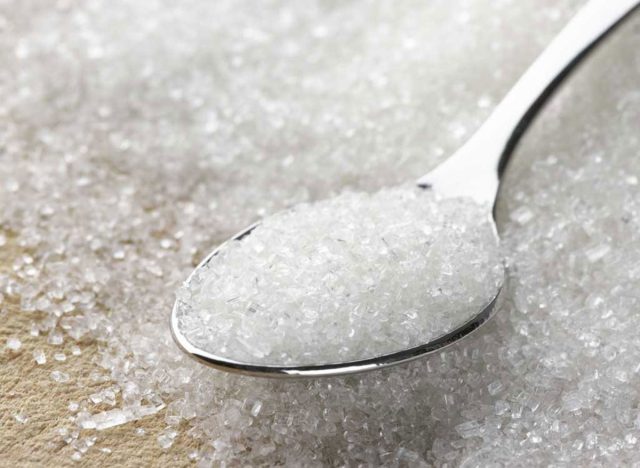
If you're sipping on Liquid I.V. as you mindlessly munch, watching the latest Netflix series simply because you saw your favorite influencer recommend it, then that's not necessarily going to help you meet your goals. Note, the regular Hydration Multiplier packs 11 grams of added sugar, which is roughly 44% of the American Heart Association (AHA) recommended intake of 25 grams of added sugar per day. If you're not mindful of your other added sugar choices during the day, you can easily exceed the recommended intake, creating an energy surplus that may lead to weight gain and increase your risk of developing other contraindicated conditions.
Risk of Exceeding Vitamin & Mineral Needs
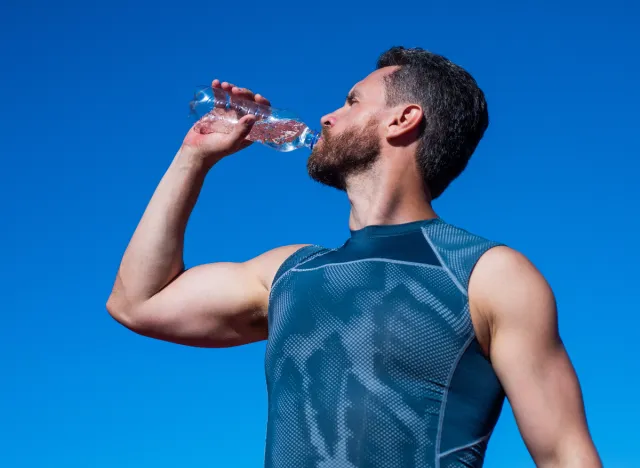
Just because Liquid I.V. packs 240% of the daily value of vitamin B12 and 190% of the daily value for pantothenic acid doesn't mean your body can utilize it. These two nutrients are water-soluble vitamins, meaning there is little risk of exceeding the recommended dietary intakes for them, however there is also little use. In this case, excess intakes are excreted in the urine, potentially having your hard earned cash literally "flushed down the toilet" in the name of hydration.
Potential for Nutrient Shortfalls
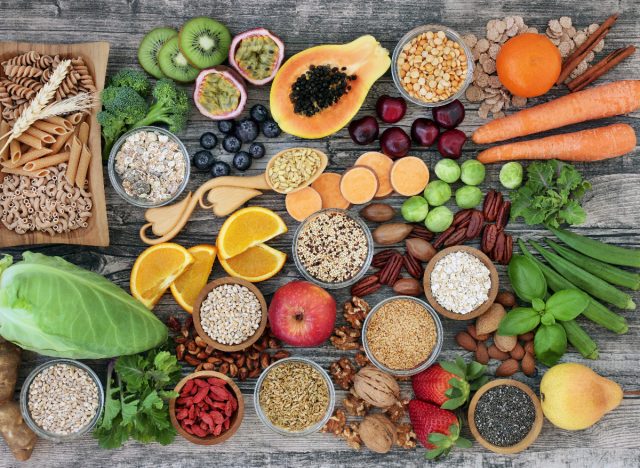
Relying on Liquid I.V. as a source of your daily dose of electrolytes during or after a tough workout may be worthwhile, , but using it as a substitute for a balanced, whole foods diet can lead to nutrient deficiencies. Take protein, for example—it's essential for muscle growth and recovery, yet Liquid I.V. doesn't include this macronutrient in its formula. Prioritizing a variety of whole grains, lean proteins, healthy fats, and fruits and vegetables is key to proper nourishment.
Is Liquid I.V. Good For You?
While Liquid I.V. is good for you as a source of electrolytes for active individuals, athletes, and those needing oral rehydration, it's not necessarily something every person needs to invest in, especially given the high cost.
That said, Liquid I.V. could be a useful addition for people who burn a lot of calories and sweat heavily during workouts. These individuals need both glucose and electrolytes to replenish their stores. It may also be helpful for someone recovering from illness with limited calorie intake, as the regular Liquid I.V. Hydration Multiplier can provide a solid option despite its 11 grams of added sugars.
On the other hand, someone who is moderately active or has insulin resistance might benefit more from the sugar-free Liquid I.V. variety. This option contains no added sugar and uses allulose as a sweetener, making it a potentially better fit for their energy and electrolyte needs.
At the end of the day, you don't need to spend a ton of money on trendy supplements to stay hydrated. While Liquid I.V. may offer benefits, focusing on a balanced diet, including incorporating hydrating foods into your regular routine can provide similar advantages.
Working with a registered dietitian nutritionist is the best way to decipher your true hydration and electrolyte needs, as well as what may be worth investing in to optimize your workout recovery and total health.
- Source: https://medlineplus.gov/dehydration.html
- Source: https://pubmed.ncbi.nlm.nih.gov/34409930/
- Source: https://iris.who.int/bitstream/handle/10665/62569/WHO_CDD_SER_85.8_pp1-60.pdf;jsessionid=10DAFAA381088B092B85B9BD765E7BE3?sequence=1
- Source: https://www.cancer.gov/publications/dictionaries/cancer-drug/def/oral-rehydration-solution-os-1
- Source: https://www.sciencedirect.com/science/article/abs/pii/S0195666322004901
- Source: https://www.ncbi.nlm.nih.gov/pmc/articles/PMC4052333/
- Source: https://www.ncbi.nlm.nih.gov/pmc/articles/PMC10848936/
- Source: https://www.ncbi.nlm.nih.gov/books/NBK541123/
- Source: https://www.heart.org/en/healthy-living/healthy-eating/eat-smart/sugar/added-sugars
- Source: https://www.ncbi.nlm.nih.gov/books/NBK538510/#:~:text=There%20are%20nine%20water%2Dsoluble,B12%20%2D%2D%20and%20vitamin%20C.
- Source: https://www.ncbi.nlm.nih.gov/pmc/articles/PMC9464461/









